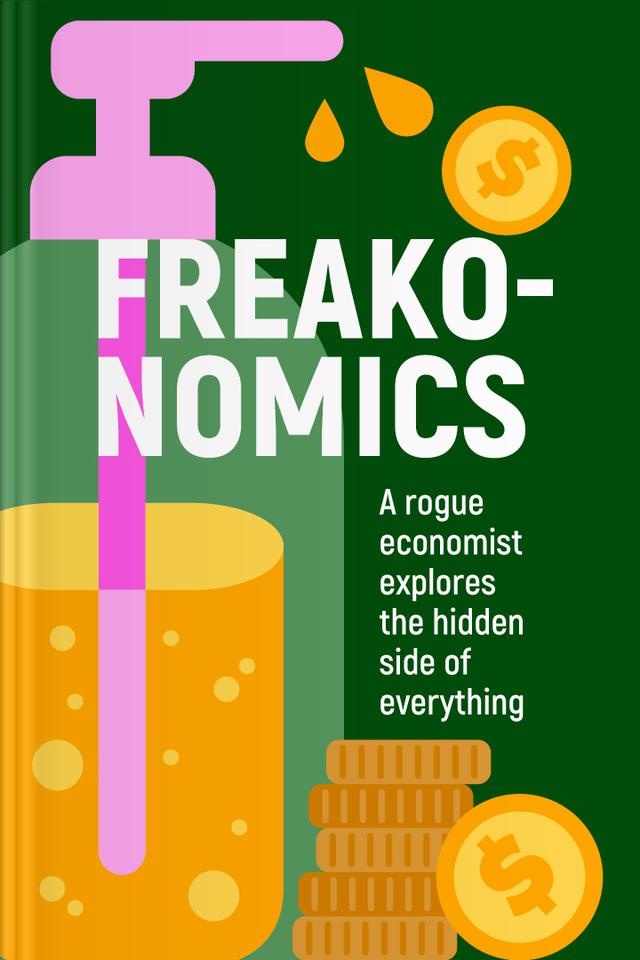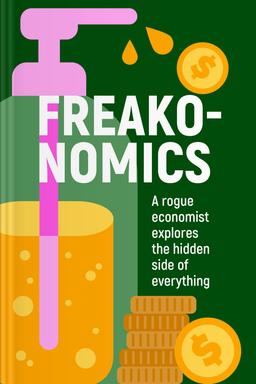You’ll learn
- About unseen forces in society
- Why there's a covert fight against prejudice
- What bias exists in your online world
- How common beliefs can be misleading
Protect the world’s peace. Donate to support Ukraine

first KEY POINT
Economics is the field on which several life decisions are made, and economics is laden with incentives.The incentives in economics are what shape human life, decisions, and beliefs. Incentives are the tools by which a scenario is crafted and planted into the heart of the consumer by the layman. For every economic decision made, there are several factors that are responsible for it in a way that people will be urged to pay attention to it.The hidden side of economics is what famous authors Steven D. Levitt and Stephen J. Dubner termed “Freakonomics.” “Freakonomics” is the work of two astute authors who took their time to research assiduously and come up with a book that explains the concept to the last detail.The information contained in this book is bound to change your orientation about economics and give you a leverage of decision-making over the layman.
second KEY POINT
Economics studies the root and origin of incentives. Incentives serve as guidelines by which humans adjust their lives to meet economic, social, and moral obligations.An economist is always enthusiastic when it comes to incentives. Economists find it hard to believe that there's a problem that cannot be solved. To economists, there's always an incentive, and as long as these incentives exist, solutions must come to any problem. It should be noted, however, that not all incentives are positive.

Continue reading with Headway app
Continue readingfirst KEY POINT
second KEY POINT
third KEY POINT
fourth KEY POINT
fifth KEY POINT
sixth KEY POINT
seventh KEY POINT
eighth KEY POINT
ninth KEY POINT
tenth KEY POINT